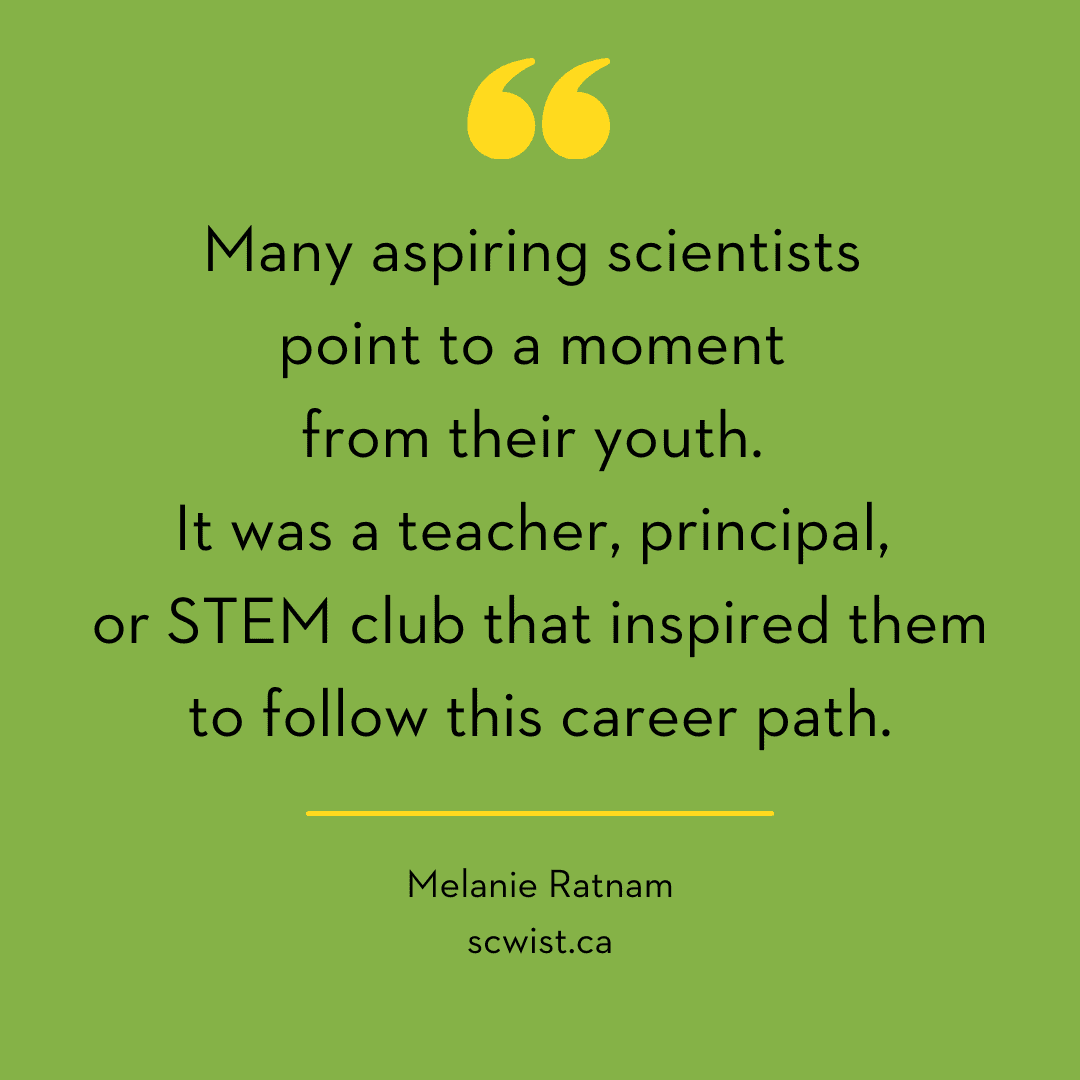As the summer winds down and students prepare to head back to school, the excitement of new beginnings fills the air. But for many girls and nonbinary young people, this season is not just about stocking up on school supplies and reconnecting with friends; it’s also a critical time to set the stage for empowerment, growth, and success in the upcoming academic year.
Education is a powerful tool, and when young people are equipped with knowledge and skills, the ripple effect is felt across schools and entire communities. The years between nine and 13 are a critical time for their healthy development. Tailored interventions such as girl-focused programs can make a big difference in their health and well-being, sense of connection and belonging, participation and learning, leadership, and healthy relationships as they grow.
There are still areas where girls face specific challenges that need addressing—particularly in STEM (Science, Technology, Engineering, and Mathematics) participation, mental health, and leadership roles. Poverty, lack of support and belonging, sexist stereotypes along with barriers like racism and ableism, and safety concerns (both online and in real life) are also significant obstacles.
The Educational Landscape:
When we delve deeper into educational statistics and information, it becomes clear that there is still work to be done to eliminate barriers and fully empower girls and nonbinary young people.

Strategies for Empowerment During the School Year:
It’s vital that educators, parents, caregivers, and communities work together to empower girls, help them face these challenges, and help them excel in all areas of life. Here are some actionable strategies:
Looking Ahead:
The back-to-school season is more than just a return to routine; it’s a chance to build momentum for the future. By focusing on key areas like STEM, mental health, and leadership, we can ensure that every girl has the tools and support she needs to succeed, today and tomorrow. Empowerment in classrooms and programs that work to eliminate the barriers girls face in schools and society at large, can reach far beyond school walls, shaping the next generation of leaders, innovators, and changemakers.
This school year, count yourself in to create environments where girls feel empowered to chase their dreams, overcome challenges, and become the leaders of tomorrow. Every young person deserves the chance to learn, grow, and reach their full potential.
Can we count you in to help us invest in a brighter, more equitable future for girls and nonbinary young people? Add your name to show your support for gender equality in Canada.
Empowering Girls Fund
The Fund supports programs that give girls and non-binary youth tools to develop into confident, resilient people, right when they need this support the most. It provides programs to build participants’ skills, gain mentorship opportunities, and deepen their self-esteem in safe spaces just for them with
- STEM education
- Sports and physical activity
- Media literacy
- Indigenous culture and connection
- Mentorship






